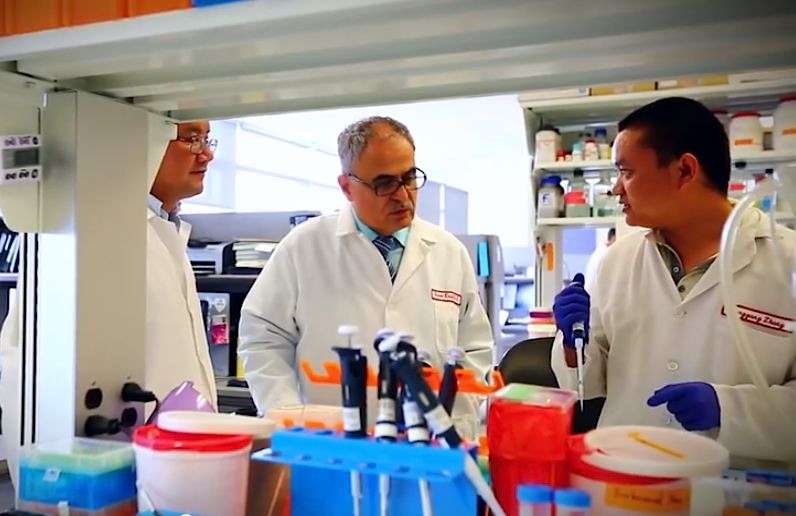You Have to Sea it to Believe it: New Superfood Ocean Plant Tastes Like Bacon
After 15 years of growing a strain of super-seaweed, researchers at Oregon State University have patented the algae that tastes like bacon when cooked.

The HIV-1 virus has proved to be tenacious, inserting its genome permanently into its victims' DNA, forcing patients to take a lifelong drug regimen to control the virus and prevent a fresh attack. In 2014, a team of Temple University School of Medicine researchers designed a way to snip out the HIV-1 genes for good.
The team created molecular tools to permanently delete the HIV-1 from DNA. From there, the cell's gene repair machinery takes over, soldering the loose ends of the genome back together – resulting in virus-free cells.
"This is one important step on the path toward a permanent cure for AIDS," said Kamel Khalili, PhD, Professor and Chair of the Department of Neuroscience at Temple.
Dr. Khalili and his colleague, Wenhui Hu, MD, PhD, Associate Professor of Neuroscience at Temple, led the work which marks the first successful attempt to eliminate latent HIV-1 virus from human cells.
The research shows that these molecular tools also hold promise as a therapeutic vaccine; cells armed with the nuclease-RNA combination proved impervious to HIV infection.
The HIV-1 eradication approach faces several significant challenges before the technique is ready for patients, Dr. Khalili said. The researchers must devise a method to deliver the therapeutic agent to every single infected cell. Finally, because HIV-1 is prone to mutations, treatment may need to be individualized for each patient's unique viral sequences.
The research was published July 21, 2014 by the Proceedings of the National Academy of Sciences.
(WATCH the video below or LEARN more from Temple University News) Story tip from Joel Arellano
SHARE the Breakthrough with the Buttons below…
Be the first to comment